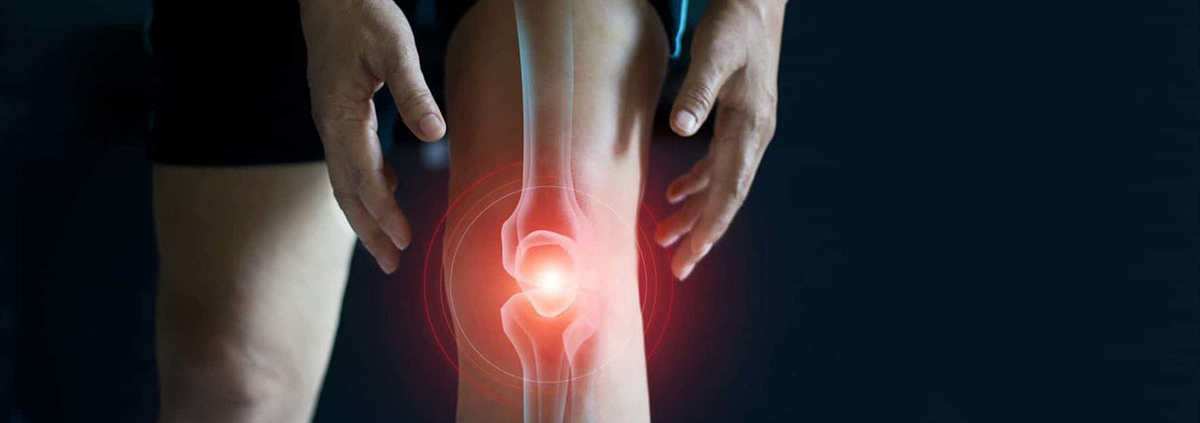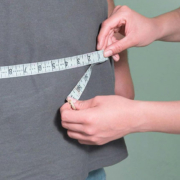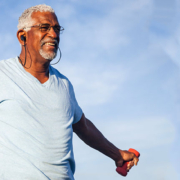Telehealth-delivered diet and exercise program eased knee pain and triggered weight loss
New research investigating the benefits of telehealth-delivered exercise and diet programs has found 80 per cent of participants experienced improvement in knee pain and an average of 10 per cent in loss of body weight, with one man shedding 39 kilograms.
More than 400 individuals with knee osteoarthritis participated in the Better Knee, Better Me trial, developed by the University of Melbourne in partnership with Medibank and Austin Health.
Published in the Annals of Internal Medicine, the study shows researchers evaluated two six-month telehealth-delivered exercise programs, one with and one without a weight-loss dietary program, compared with an information-only control group.
During the trial, participants in the intervention groups were provided support from physiotherapists and dietitians via Zoom and a suite of resources. Those in the exercise plus diet group also received meal replacements so they could undertake a ketogenic low energy diet.
Compared to the group that only received information, both intervention programs resulted in benefits for pain, function and quality of life. Compared to the exercise-only program, the combined exercise and diet program led to additional benefits – including a greater reduction in pain, greater improvements in physical function, lower use of pain medications, and significant weight loss. After both programs, participants were also less willing to undergo knee joint replacement surgery.
Lead researcher and Director of the Centre for Health, Exercise and Sports Medicine at the University of Melbourne Professor Kim Bennell, said participants lost on average 10.2 kilograms over a six-month period with four out of five participants achieving significant improvement in pain. She said 30 per cent of participants lived in regional and rural Australia.
Release date: 30 November 2021
Source: University of Melbourne







